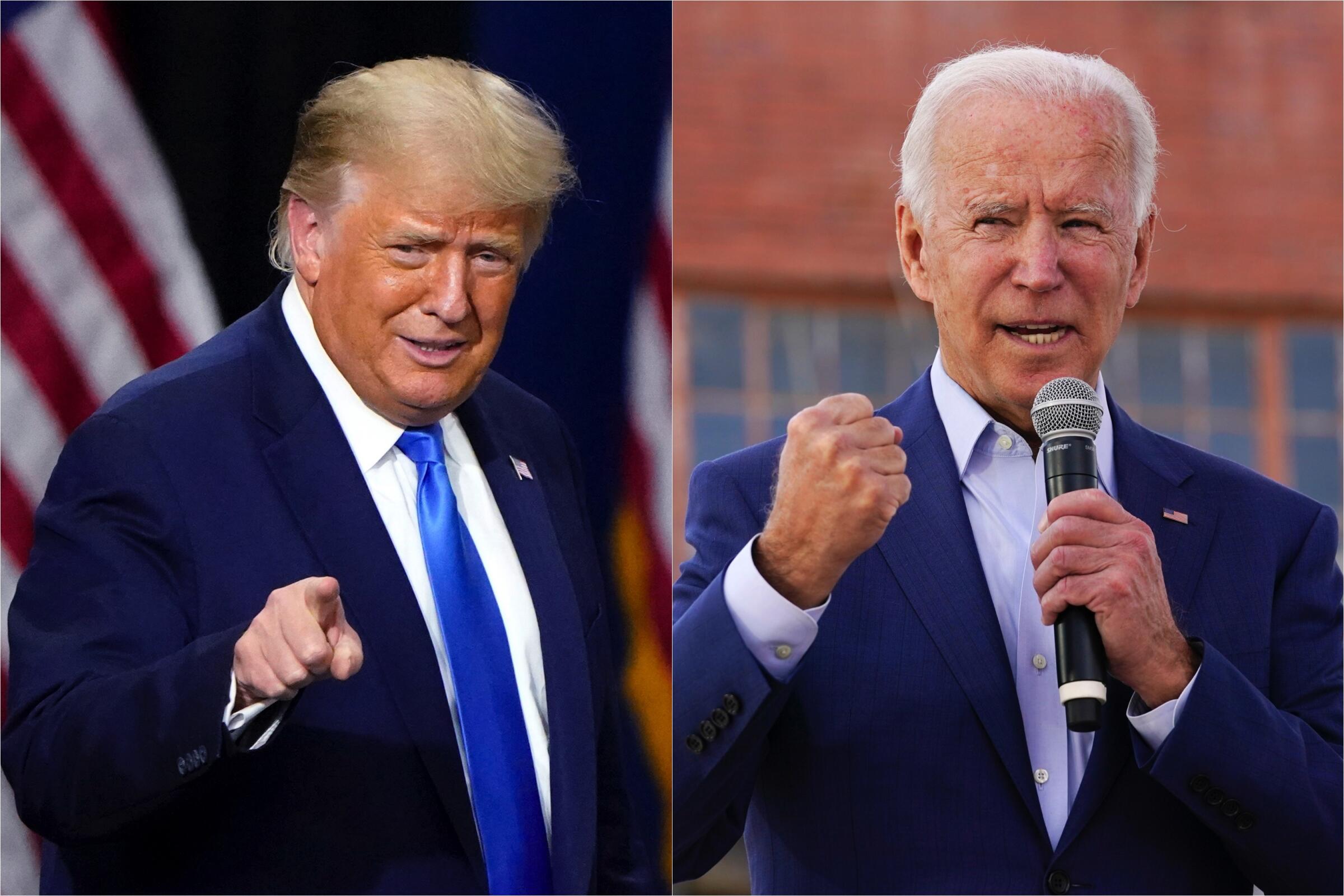Since a low point in 1996, voter turnout in U.S. elections has generally risen as the differences between the two parties have grown. The Trump presidency put that trend into overdrive: The share of the U.S. adult population who voted in 2020 was the largest in history — roughly two-thirds of potentially eligible adults.
Because the overall turnout was so large, President Biden’s victory was also historic: In winning, he got support from a larger share of the U.S. population than President Reagan won in his landslide reelection in 1984.
But high turnout in the Trump era cuts both ways. Republican turnout soared as well. The former president inspires his supporters, enrages his foes and motivates both sides to show up.
Will that persist? So far, the evidence suggests we’re headed to a decline from the record levels of the last election. Young voters don’t seem as interested as their counterparts did in 2020. And polls show Biden suffering from soft support among Black and Latino voters.
The big questions are how much does turnout drop, where does it happen and which side is affected more.
Given the size of the coalition Biden put together in 2020, he can afford some erosion, especially in big Democratic states like California and New York — much as President Obama was able to win reelection in 2012 despite a significant decline in turnout from 2008. But Biden can’t afford to lose many voters in battleground states, several of which were close last time.
Republicans are at risk, too, however. Many of former President Trump‘s older, less educated, rural supporters have spotty voting records. By contrast, the college-educated suburbanites — whose support Democrats increasingly rely on — are very persistent voters.
Generations of Democrats grew up believing that high turnout always helps their side. It’s time to retire that myth — in current American politics, high turnout is much more of a jump ball.









